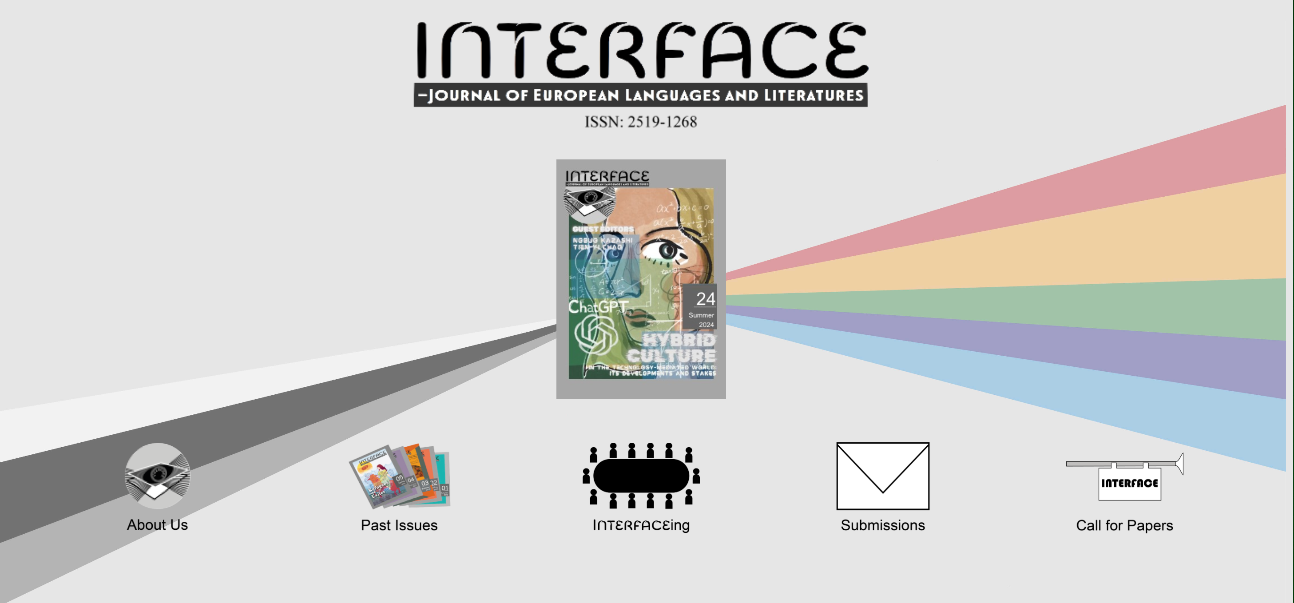
Call for Papers for Issue 26 (March 2025)
Submission Deadline: December 30, 2024
Technotext: Text and Technology in Literature, Linguistics, and Media
Guest Editors:
Charlène Clonts (Kyushu University, JP),
Claudio Sansone (National Central University, TW)
Diverse technologies of textuality have had a significant impact in the shaping of human civilizations across millennia. Alongside the technologies of orality, the inventions of myriad alphabetic, syllabic, and ideographic writing systems have revolutionized how humans disseminate and preserve knowledge. In turn, a vast array of material instruments—from simple tools used to etch and score, to pigments and inks, graphite and charcoal, and even mechanical presses and digital processors—have all transformed not just texts themselves but also the societies that produced and consumed them. And wherever there have emerged cuneiforms or hieroglyphs, alphabets or ideograms, syllabaries or sign-languages, these have been accompanied by concomitant technologies of record-keeping, from mnemotechnics to tablets, scrolls to books, libraries to databases, and more. Each modulation has lent new meanings to the very ideas of “literature,” “language,” and “text.”
The rapid advance of digital technologies has again altered the landscape of text creation, distribution, and interpretation. From word processors to e-books, from social media to online repositories, digital instruments have at times democratized access to text. But they have also raised new questions about authorship, authenticity, and intellectual property. AI is the latest frontier in the intersection of text and technology. Today, as machine learning algorithms generate, analyze, translate, and even interpret texts, traditional notions of creativity, authorship, and meaning are being challenged. Even the very notion of technology as an extension (rather than erasure) of the human appears to falter, with a series of profound implications. We invite scholars to engage with this seemingly ineluctable technological progress and the impacts it has had, and may soon have, on our understandings of literature, linguistics, and media studies.
INTERFACE –Journal of European Languages and Literatures is inviting scholars from diverse disciplines to examine the multifaceted connections between text and technology, broadly defined, across various historical periods, cultures, and media forms and to submit original, unpublished papers written in English, French, German, Spanish, Russian, or Italian for Interface Issue 26, to be published in March 2025.
Topics of interest include, but are not limited to:
Literature and Technology:
The impact of technological innovations on literary production and reception.
The role of technology in shaping narrative forms and genres.
Comparative studies of literary technologies across different historical periods.
Linguistics and Technology:
The influence of technology on language development and change.
Computational linguistics and the role of AI in language processing.
The intersection of linguistics with digital humanities.
Media Studies:
The evolution of media technologies and their impact on text and narrative.
The role of social media and digital platforms in shaping public discourse.
The implications of multimedia storytelling in a digital age.
Ancient and Modern Histories of Technology:
Historical analyses of the development and impact of writing technologies.
The role of technology in the preservation and transmission of historical texts.
Comparative studies of ancient and modern technological innovations in communication.
Aesthetics, Labor, and AI:
Legal and moral perspective on AI-generated art.
The politics of a Cybercene vs. an Anthropocene.
The impact of AI on the labor markets of artistic production.
—
INTERFACE also invites papers not related to the Special Topic which will be published in a dedicated General Topic Section.
Papers should be submitted online at http://interface.org.tw/ no later than December 30, 2024.
All potential authors should consult our website for Complete CFP, Author and Submission Guidelines
(http://interface.org.tw/index.php/if/about/submissions#onlineSubmissions)